Like any great city, London is a place of many narratives, and literature helps draw together the strands of the city’s life. These texts remind me that everyone I see in the city is, in some way, a character in a story, and that the city’s identity is built on the lives of its inhabitants.
1
Dickens lived in or around London for almost all of his life, and these early pieces show him getting to grips with the range of material it would offer him as a writer. In short, essay-length articles he describes neighbourhoods, residents, and the diversity of sights and experiences available for a curious observer in a mid-19th century metropolis.
2
Like Dickens, Mayhew wanted to bring to the public's attention those living on the margins of London's life. In his case, this meant an immense survey of the people doing the lowest-paid jobs (and sometimes not doing a job at all) in the city. Through interviews and, in some cases, pictures, he makes London's poor visible, and challenges the reader to recognise and respond to their existence.
3
Like other great Modernist novels set in cities (Joyce's 'Ulysses', Doblin's 'Berlin Alexanderplatz') Woolf follows a set of characters around London on a single June day in 1923. Her stream of consciousness narrative allows the reader to see their thoughts, hopes, and anxieties as the day unfolds in a city coming back to life after the still-recent trauma of the First World War.
4
Taking as its focus the mix of people who share a single London address, Collins weaves a tale of crime, respectability, deception, loyalty and community out of a series of events just before the outbreak of the Second World War. As rich in plot and character as a Victorian novel, but set in a city of slightly shabby 1930s charm, where friendship and shared identity see people through the challenges life throws at them.
5
In the tradition of all of the other writers on this list, Craig brings the London novel into the 21st century and explores the city's identity in a time of racial and religious integration and conflict. Her characters are often struggling to make the best of their lives, but like the city in which they live their humanity is stronger than the prejudices around them.
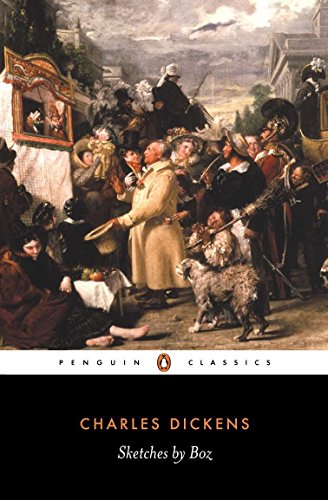
1
Dickens lived in or around London for almost all of his life, and these early pieces show him getting to grips with the range of material it would offer him as a writer. In short, essay-length articles he describes neighbourhoods, residents, and the diversity of sights and experiences available for a curious observer in a mid-19th century metropolis.
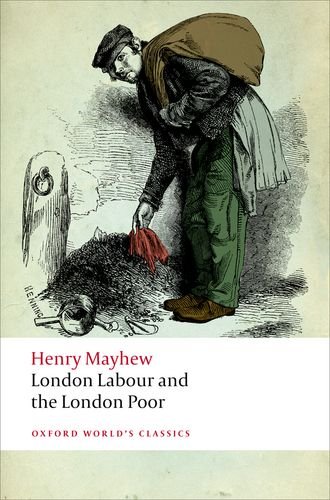
2
Like Dickens, Mayhew wanted to bring to the public's attention those living on the margins of London's life. In his case, this meant an immense survey of the people doing the lowest-paid jobs (and sometimes not doing a job at all) in the city. Through interviews and, in some cases, pictures, he makes London's poor visible, and challenges the reader to recognise and respond to their existence.
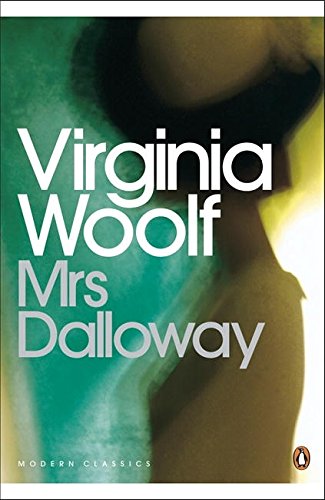
3
Like other great Modernist novels set in cities (Joyce's 'Ulysses', Doblin's 'Berlin Alexanderplatz') Woolf follows a set of characters around London on a single June day in 1923. Her stream of consciousness narrative allows the reader to see their thoughts, hopes, and anxieties as the day unfolds in a city coming back to life after the still-recent trauma of the First World War.
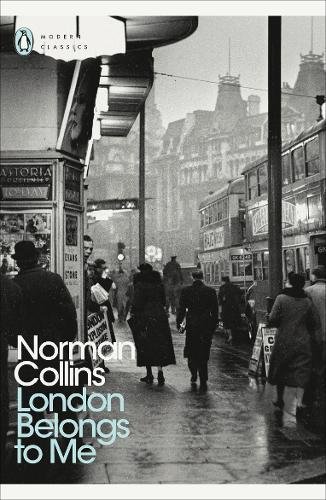
4
Taking as its focus the mix of people who share a single London address, Collins weaves a tale of crime, respectability, deception, loyalty and community out of a series of events just before the outbreak of the Second World War. As rich in plot and character as a Victorian novel, but set in a city of slightly shabby 1930s charm, where friendship and shared identity see people through the challenges life throws at them.
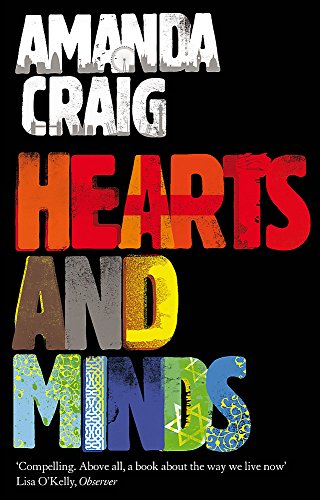
5
In the tradition of all of the other writers on this list, Craig brings the London novel into the 21st century and explores the city's identity in a time of racial and religious integration and conflict. Her characters are often struggling to make the best of their lives, but like the city in which they live their humanity is stronger than the prejudices around them.
© Five Books 2026